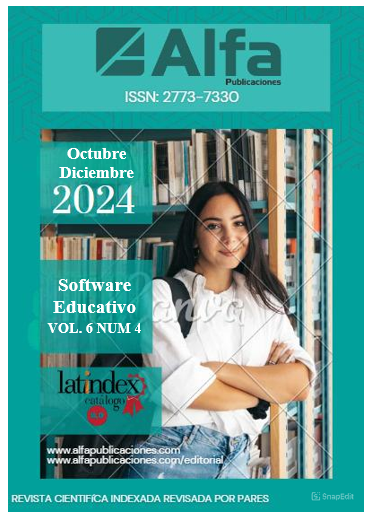Impact of artificial intelligence on public health
Main Article Content
Abstract
Introduction: Artificial intelligence (AI) has demonstrated its ability to shape a multitude of transformations, and the educational field is no exception. In the contemporary digital age, Artificial Intelligence has emerged as a powerful tool that is radically transforming teaching and learning methods. Objective: To identify the different artificial intelligences that are used in education and research Methodology: The systematic and bibliometric review is carried out with the purpose of answering specific questions through search methods that are transparent, systematic and susceptible to reproduction. The main objective is to accurately recognize the sources of information in order to reduce any type of bias in the selection procedure Results: Current artificial intelligences cover a wide variety of approaches and applications, each designed to solve specific problems. Among the most notable are generative AIs, such as language models (e.g., ChatGPT), which can create text, images, music and code from data. There are also specialized AIs, such as facial recognition, voice processing and data analysis, which are used in sectors such as health, security and commerce. Conclusion: In the study of the applications of artificial intelligence in different fields of medicine, both clinical and surgical, a trend has been identified towards improving the quality of life of patients, anticipating the treatment of diseases and automating procedures. In order to obtain faster responses for decision-making that impacts health.
Downloads
Article Details
dssfdsf
dsfdsf

